Tag: florida
-
Ballot measure update: Utah veto referendum and amendments in Arizona, Florida, and Louisiana certified for 2026
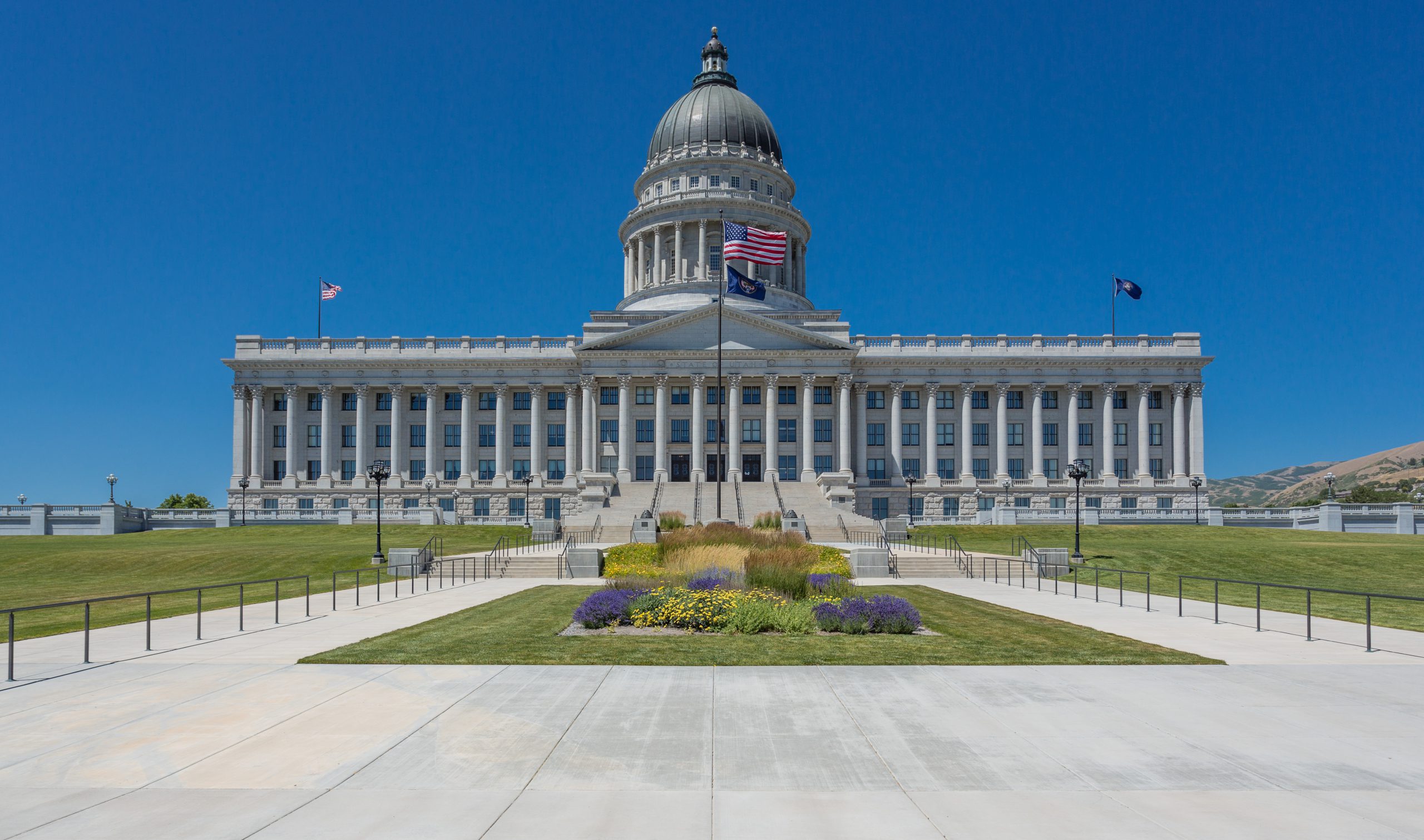
The number of certified statewide ballot measures for both 2025 and 2026 is trending above average compared to previous election cycles as of June 24. 2025 ballot measures For 2025, 27 statewide ballot measures have been certified in seven states—Colorado, Louisiana, New York, Ohio, Texas, Washington, and Wisconsin. This is six more than the average…
-
Florida voters to decide on changes to budget stabilization fund in 2026
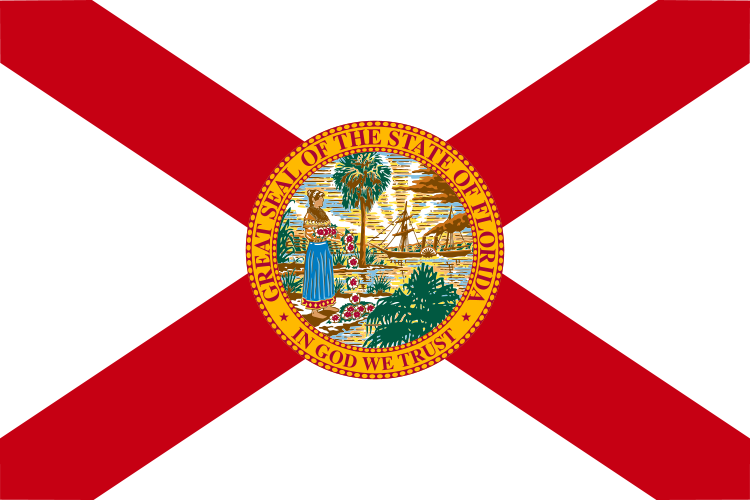
The Florida State Legislature voted on June 16, the final day of the legislative session, to send a constitutional amendment to voters that would make changes to the state’s budget stabilization fund (BSF). It will need to be approved by 60% of voters in Nov. 2026. The amendment would increase the maximum amount that can…
-
Nine states have new initiative signature requirements heading into the 2025-2026 election cycle

Heading into the 2025-2026 election cycle, signature requirements for citizen-initiated measures changed in nine states. Turnout on Nov.5, 2024, caused signature requirements for citizen-initiated ballot measures to change in seven states. Two other states changed their requirements based on the number of registered voters. The average change was a 12.47% increase. Changes ranged from a…
-
Jimmy Patronis (R) won the Jan. 28 special Republican primary in Florida’s 1st Congressional District
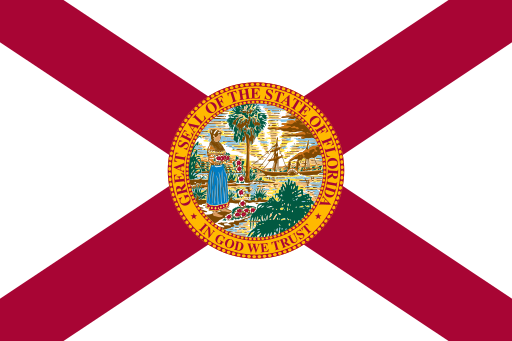
Jimmy Patronis (R) defeated nine other candidates in the special Republican primary in Florida’s 1st Congressional District on January 28, 2025. He earned 65.8% of the vote to second-place finisher Joel Rudman’s (R) 10%. The general election is on April 1, 2025. The previous incumbent, Rep. Matt Gaetz (R), resigned from Congress after President Donald…
-
Ten candidates are running in the special Republican primary in Florida’s 1st Congressional District
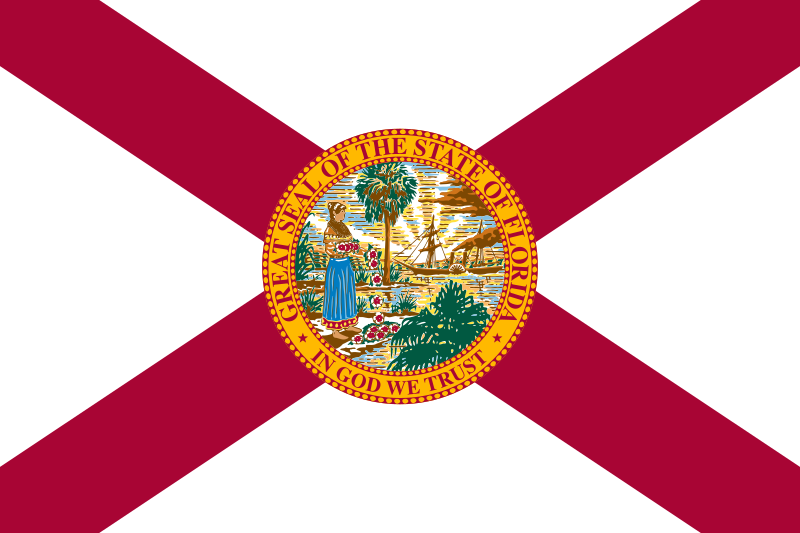
Ten candidates are running in the Republican primary for a special election in Florida’s 1st Congressional District. The primary is on Jan. 28, 2025. The general election is on April 1, 2025. Two candidates—Jimmy Patronis (R) and Joel Rudman (R)—lead in media attention and endorsements. Aaron Dimmock (R), who ran in the 2024 Republican primary…
-
SNAP work requirements 2024 state legislation roundup

Ballotpedia tracked two state bills related to the Supplemental Nutrition Assistance Program (SNAP) work requirements that were enacted in 2024. One was a Florida bill that expanded work requirements for SNAP benefits by increasing the age for which requirements still apply beyond the federally set age. The other bill was in Louisiana and limited the…
-
30% of elections in Florida are uncontested

Of 1,059 regular elections in Florida—316 (30%) are uncontested. An uncontested election is one where the number of candidates on the ballot is less than or equal to the number of seats up for election. Of the 26 states where Ballotpedia is covering every election on Nov. 5, Florida has the 25th highest rate of…
-
Incumbent Andrew Bain and former incumbent Monique Worrell are running for Florida’s Ninth Judicial Circuit State Attorney in Orange County, Florida

Incumbent Andrew Bain (I) and former state attorney Monique Worrell (D) are running for Florida’s Ninth Judicial Circuit State Attorney, which encompasses all of Orange County, Florida. The election is taking place after Gov. Ron DeSantis (R) removed Worrell from office in August 2023 and appointed Bain in her place. DeSantis suspended Worrell, claiming she…
-
Three candidates running in general election for Florida’s 13th Congressional District on Nov. 5
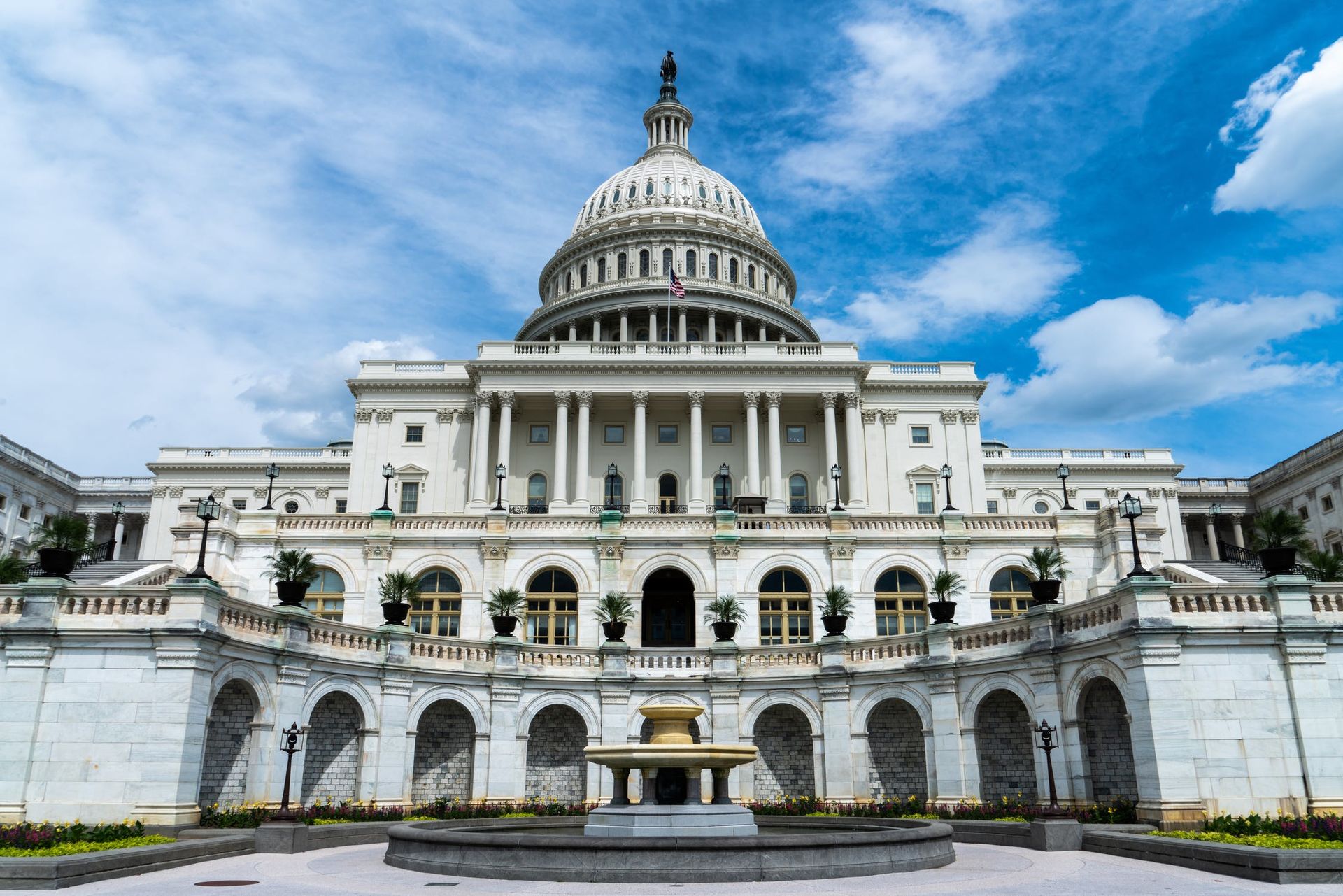
Incumbent Anna Paulina Luna (R), Whitney Fox (D), and Tony D’Arrigo (No Party Affiliation) (Write-in) are running in the general election for Florida’s 13th Congressional District on Nov. 5, 2024. Politico’s Kimberly Leonard, Mia McCarthy, and Kierra Frazier wrote, “As the state has gotten more Republican — and Gov. Ron DeSantis pushed through a GOP-friendly…

